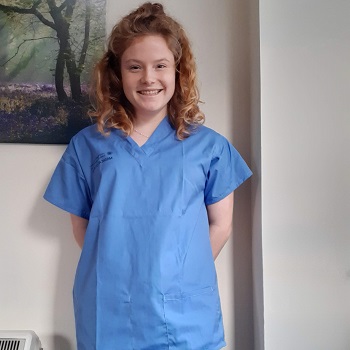 I am a fourth-year medical student, and last year I completed an intercalated degree in Psychology.
I am a fourth-year medical student, and last year I completed an intercalated degree in Psychology.
I was very excited about my intercalated degree, as I saw it as a possibility to escape the generalism of medicine, and explore a field of my own choosing whilst allowing me to develop my research skills.
I chose psychology because I am extremely interested in the field of psychiatry and its current scientific developments. Increasingly, psychiatry and mental health in general, are recognised as being just as important as physical well-being when it comes to patient health. Yet I perceived that, unlike in physical health, there is a lack of modernity to the field, and many practices are generations old. I wanted to be one of the pioneers for research within this field. Moreover, medical school has taught me that it is important to consider a patient holistically, through the biopsychosocial model, and I believed that psychology would give me the ability to understand each patient and their individual needs.
Starting out my degree, I quickly realised that it was very different from medicine. The courses expect a lot more independent reading, relying on papers and articles rather than lectures to cover teaching. They expect you to have original thoughts, to put your own perspective on papers and read them with a critical eye rather than blindly accepting what the abstract says. I think this was a very important aspect to learn, as whilst studying for medicine, I simply listened to the lecturer and learned what they told me.
Since undertaking this intercalated degree, I have learnt to be a more pro-active learner, choosing to research and read about things that I find interesting.
My experience has also taught me that the most important factor when choosing an intercalated degree is to pick something that interests you, something that you are willing to do pages of reading for. However, when picking your dissertation and courses I would suggest that a good supervisor or tutor is arguably a more important aspect. You want someone who you can rely on to answer your emails, and who will make a subject interesting, making you want to engage with the learning, so I would definitely recommend talking to other students about their experiences.
Overall, I am glad that I chose to undertake an intercalated degree as I think it has taught me some invaluable research skills, including the importance of prioritising my interests and knowing how to find answers in a critical manner. I have learnt the importance of allowing myself to delve into more depth when the subject is of interest to me, and allowing myself to do so because I am genuinely intrigued, rather than blindly listening to every lecture.



